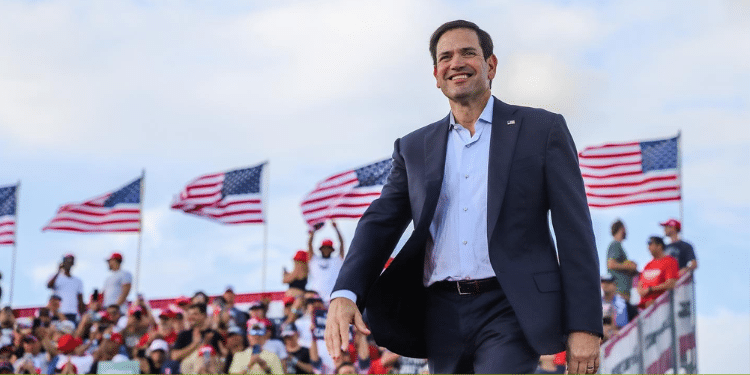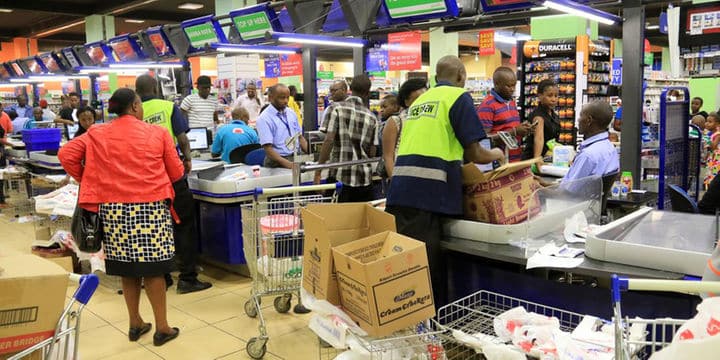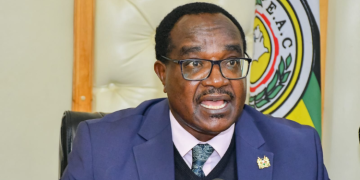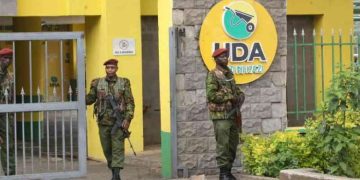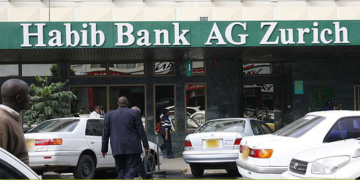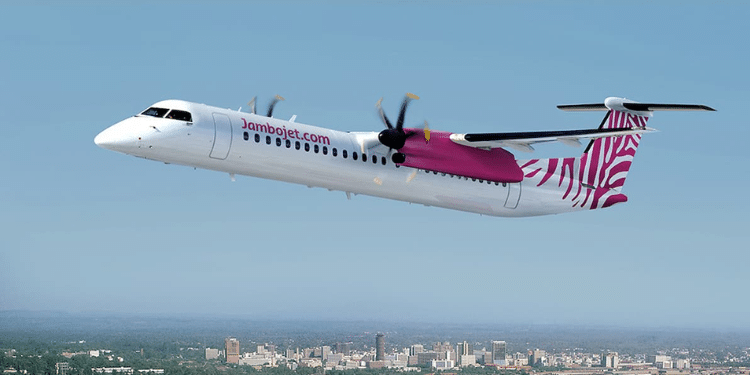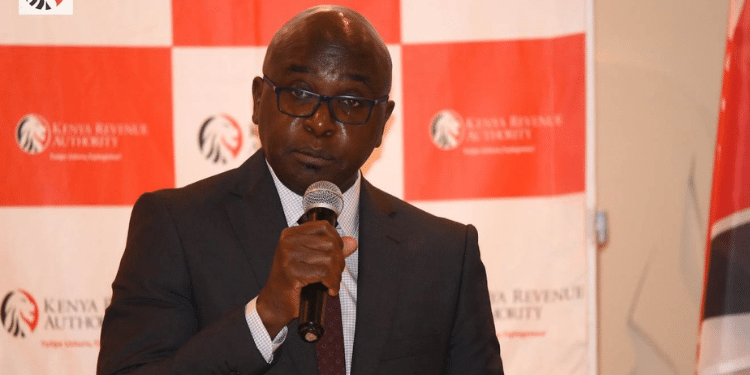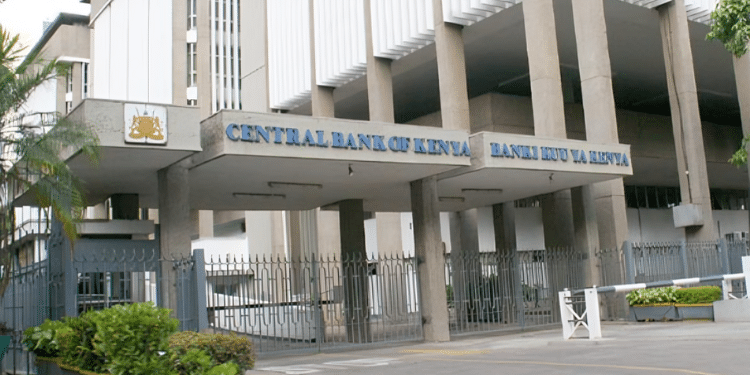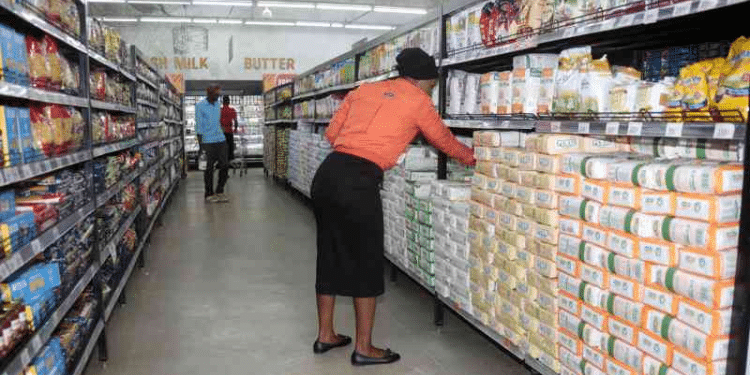President William Ruto pledged to lower the cost of living after he took over office in September 2022. Ruto promised to reduce the prices of maize flour (unga) and fuel within his first 100 days in office.
In his first campaign advert, Ruto said millions of Kenyans were still struggling to find food and water 59 years after independence.
He promised to change this narrative while admitting that there would be challenges in the process. This, among others, headlined the Kenya Kwanza manifesto otherwise referred to as ”The Plan”.
“I am not promising you perfection, I am promising you and your children equal opportunity, a leveled playing field,” Ruto said.
Two years later, his government is in the spotlight with Kenyans keen on assessing the performance of the Kenya Kwanza admin.
At the time, Ruto pledged to bring the price of a 2kg packet down from Ksh200 to below Ksh100 during the period.
Ruto also promised to support farmers through the provision of subsidized fertilizer and heavy investment in agro-processing industries.
Pressure from Kenyans Over Unga Prices
In December 2022, the opposition and majority of Kenyans felt that Ruto did not fulfill his pledges three months after taking over.
President Ruto was forced to address this issue during an interview on January 5, 2023.
He acknowledged that the government had not taken big steps to reduce the cost of living.
However, Ruto maintained that his government had set the foundation to lower prices by imposing subsidies and lowering input costs.
Azimio Protests
The Azimio-One Kenya Alliance Coalition led by Raila Odinga held waves of demonstrations against the government from March 20, 2023, regarding Ruto’s promises.
The opposition accused Ruto of making life harder for Kenyans, citing the high cost of living.
Azimio criticized Ruto for scraping subsidies on petrol, electricity, unga and school fees.
The leaders slammed President Ruto for introducing more and higher taxes on basic goods.
The demonstrations led to the formation of the National Dialogue Committee (NADCO) to address the issues raised.
However, the report did not address the issue of the cost of living citing that it was a role of the government.
Also Read: Govt Takes Action After Uproar Over Fake Fertilizer
Subsidized Fertilizer
The distribution of subsidized fertilizer started on September 19, 2023, after a directive from President Ruto.
The National Treasury released Ksh3.6 billion for the programme that was to be handled by the National Cereals Board depots and sub-depots countrywide.
During this time, the price of planting fertilizer hit a high of over Ksh6,500 while CAN was selling between Ksh6,000 and Ksh7,000 while urea was over Ksh7,000 per 50 kg bag.
The program, although marred with a scandal of substandard fertilizers, reduced fertilizer prices by 67 per cent, from Ksh7,500 per 50 kg bag in 2022 to Ksh2,500 in 2025.
The government’s plan was for DAP fertilizer to cost Ksh3,500, CAN Ksh2,875, UREA Ksh3,500, NPK Ksh3,275, and Sulphate of Ammonia Ksh2,220.
Also Read: Ksh500 Per Day and 2-Weeks Shift: How Climate WorX Mtaani Initiative Works
Prices of Unga Reduction Over the Years
Speaking in July 2024, President Ruto said maize production increased from 44 million bags in 2022 to 67 million bags in 2023.
Ruto said the production of maize, coffee, tea, avocado and macadamia had also increased.
“That was the plan we agreed on because you wanted us to manage our agricultural sector prudently,” he said.
As of 2025, the government’s efforts have led to a 39 per cent increase in maize production.
The yields have risen from 44 million bags to 85.7 million bags.
Speaking in April 2023, Ruto said the economy was stabilizing and the prices of unga had reduced from Ksh230 in August 2022 to Ksh180 in February 2023.
The price of a 2 kg bag of maize flour has consequently dropped from approximately Ksh230 in 2022 to an average of Ksh140 in 2025.
According to a report by the Kenya National Bureau of Statistics (KNBS), the price of a 2 kg packet of fortified maize flour dropped from Ksh 172.75 in February 2024 to Ksh 160.33 in February 2025.
Similarly, the price of 1 kg of loose maize flour fell by 5.7%, from Ksh 74.11 to Ksh 69.92.
Whilst prices of select commodities including cooking oil have hiked, KNBS reported in February that year-on-year inflation rate for February 2025 stood at 3.5%, a significant drop from 6.3% in February 2024.
This, KNBS reported, was attributed to reduction of the prices of common commodities.
Follow our WhatsApp Channel and join our WhatsApp Group for real-time news updates






